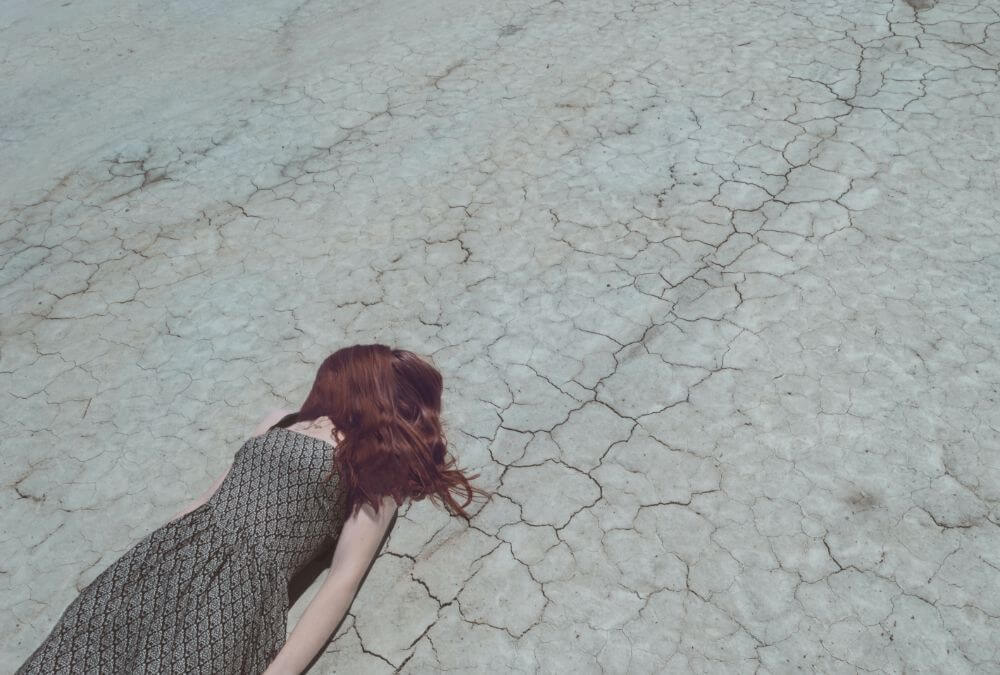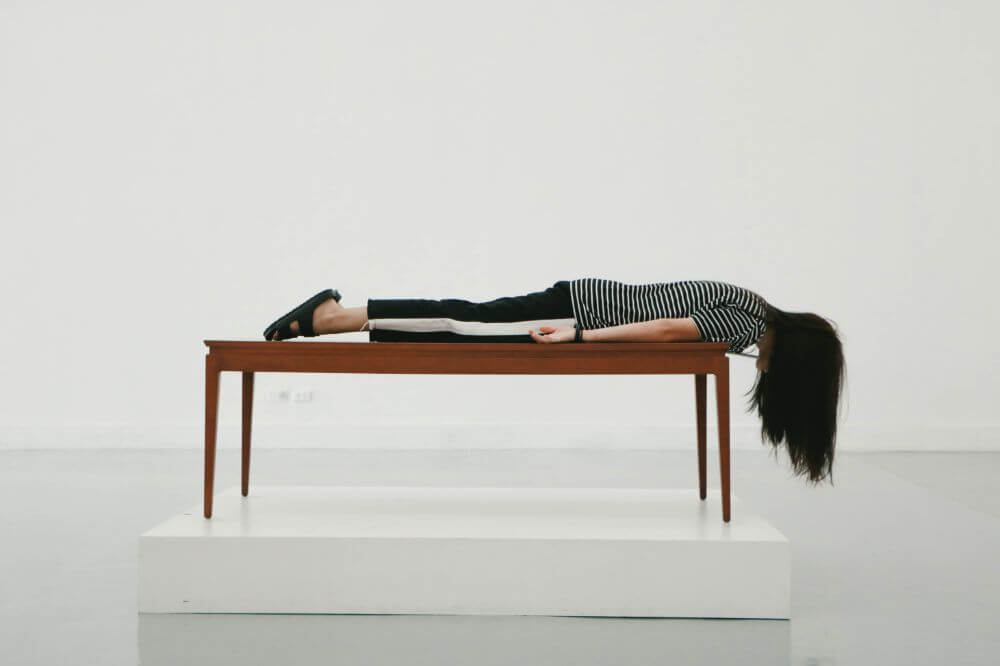How do You Stop Feeling Stressed when Life is Stressful?

With stress levels so high, and this being such a known factor in determining your state of health, it's more important than ever to keep an eye on your biological age and to introduce measures to help you, your family and friends stay balanced at this unprecedented time.

We all know that stress isn't good for us. It can impact nearly all aspects of our health, from immune function to blood pressure and cognition. Stress can even age us: a recent study shows that traumatic stress leads to long-lasting changes in the glycosylation of brain proteins, which can increase our biological age.
But when you're already feeling stressed, it isn't always helpful to just focus on the damage that the stress is doing to your body. Nor is it simply a case of being less stressed
- particularly when life and external circumstances are undeniably stressful. So, what exactly are you meant to do when you can't stop feeling stressed?

Think about getting help
Many people assume therapy is only for those diagnosed with mental health conditions, but psychotherapist and sports medicine doctor Natasa Desnica MD urges anyone struggling with stress to get professional help. It's very hard to work on yourself alone
she says. People see it as a taboo but I don't know anyone who doesn't need therapy - we all need it - some more than others.
She explains that the way we react to stress can typically come from childhood experiences, and often we aren't aware of why we're reacting in a certain way. Our nervous system notices something is stressful and starts working inside the body without us even knowing.
It's why she recommends becoming aware of what we perceive as stressful, and whether we automatically go into "flight, fight or freeze" mode.
.jpg?alt=media&token=6798cd3e-7d83-4c07-8692-73454cb293c3)
Reach out
Often people associate relaxing with alone time, but actually, studies show that socialising can build resilience to stress. Social contact is hard during Covid, but seeing family and friends, or even talking on the phone is really helpful
says Desnica. Social things are a big resource, and allow us to activate our inner strength.

Get outside
A recent study shows that just 20 minutes outside - "the nature pill" - can drastically reduce stress. Nature heals us
explains Desnica.
The air, smells, colours all open our hearts and lower stress. Physical activity also has a great effect, but so long as it's enjoyable. Doing things because you feel you have to - like following an exercise regime or strict diet - can actually have the opposite effect and be more stressful, so don't force yourself.
Think about your sleep
When you're stressed, you can sleep less - which in turn, can make you even more stressed; one study discovered that sleeping just 4.5 hours a night for a week can increase stress. So if you're feeling stressed, try to actively prioritise your sleep - whether that means going to bed earlier, turning tech off before bed, or just being kind to yourself if you're struggling with insomnia. Exercising can also help improve sleep.
Break the stressful decisions cycle
Often, when we're stressed, everything seems to go wrong. In a workplace, it can be particularly hard as problems mount up and stress increases. But instead of trying to instantly fix the issues, Desnica recommends taking a moment.
We make the worst decisions when stressed so it's best to give yourself some time - whether it's going for a walk, listening to soothing music for five minutes, or having a tea. If that doesn't work, try to postpone the thing you have to do for the next day so you've had some time.
Listen to yourself
When it comes to self-care, there are endless options from hot baths to watching movies and listening to music. It can be hard to know what to do, but Desnica says it's simple: Just do what makes you feel good. That's the best way to fight stress.
The most important thing to do is check in with yourself, and make sure you're doing something you want to do.



